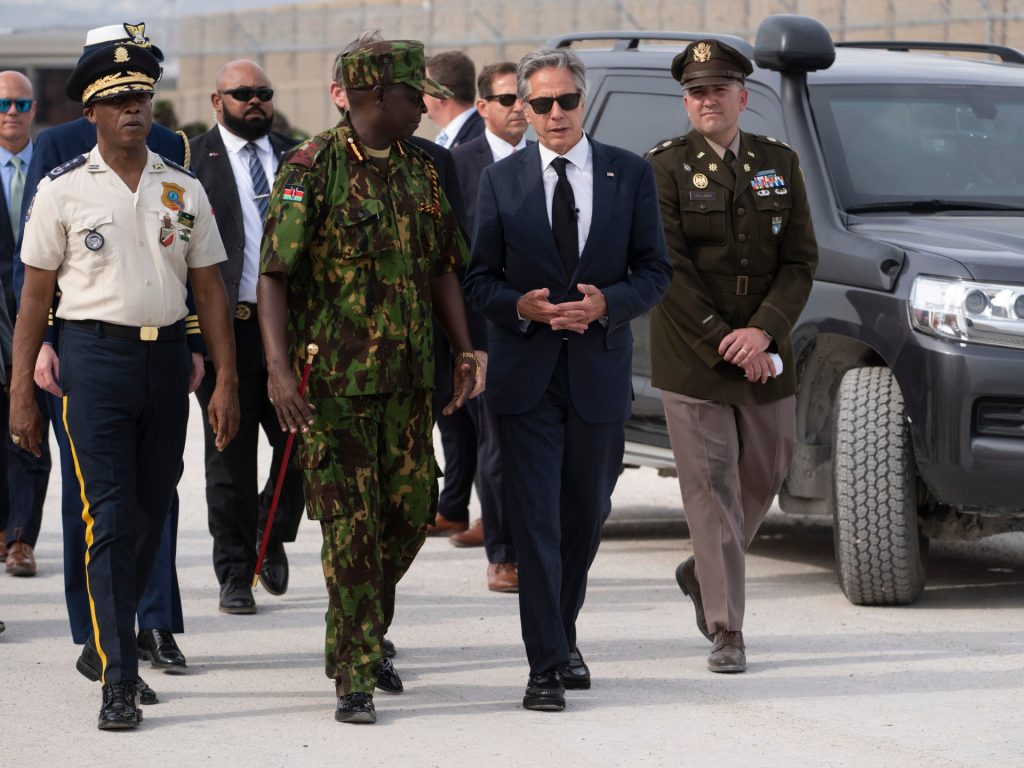US Secretary of State Antony Blinken recently visited Haiti to demonstrate American support for a multinational effort to address gang violence in the country, a crisis that has escalated since the assassination of President Jovenel Moise in July 2021. Blinken met with interim Prime Minister Garry Conille and emphasized the need for increased funding and personnel to carry out their mission. He also announced a surge of humanitarian aid to Haiti, a country where a significant portion of the territory, including 80 percent of the capital Port-au-Prince, has fallen under gang control.
Prior to Blinken’s visit, Haiti’s interim government expanded a state of emergency to include the entire country in response to escalating violence that has spread to various regions. The violence has led to a staggering number of internally displaced people, with over half a million individuals forced from their homes in 2024 alone. In the first quarter of the year, thousands were killed or wounded as a result of the ongoing violence. Despite the arrival of Kenyan police officers in Haiti in an effort to strengthen local law enforcement, Blinken cautioned that additional measures may be necessary to combat the gang violence effectively.
Blinken suggested the possibility of a UN peacekeeping force as a potential solution to the crisis in Haiti, acknowledging the challenges associated with such a proposition given the country’s history of foreign intervention and the controversial legacy of past UN peacekeeping operations in Haiti. The US has been a significant financial supporter of the Multinational Security Support Mission, with the Biden administration pledging substantial funds to support the initiative. Blinken called for the UN to reconvene and approve an extension of the mission, emphasizing the importance of sustainable, reliable solutions to address the ongoing security challenges in Haiti.
During his visit, Blinken also emphasized the importance of establishing a stable, democratically elected government in Haiti, calling on officials to implement plans for new general elections scheduled for the following year. Haiti has not held federal elections since before President Moise’s assassination, and the political turmoil following his death has created a power vacuum that has been exploited by criminal gangs. Former Prime Minister Ariel Henry, who assumed leadership following Moise’s assassination, stepped down in April, leading to the formation of a transitional council tasked with restoring democratic governance in the country.
Blinken’s visit highlighted the complex challenges facing Haiti as it grapples with escalating gang violence, internal displacement, and a lack of legitimate democratic governance. The international community, led by the US, has made efforts to support Haiti through financial aid, humanitarian assistance, and security initiatives. However, the road to stability and peace in Haiti remains uncertain, with questions lingering about the effectiveness of existing interventions and the need for sustainable solutions to address the root causes of violence and insecurity in the country. Haiti’s future hinges on its ability to rebuild institutions, establish democratic processes, and address the underlying social, economic, and political factors driving the ongoing crisis.















